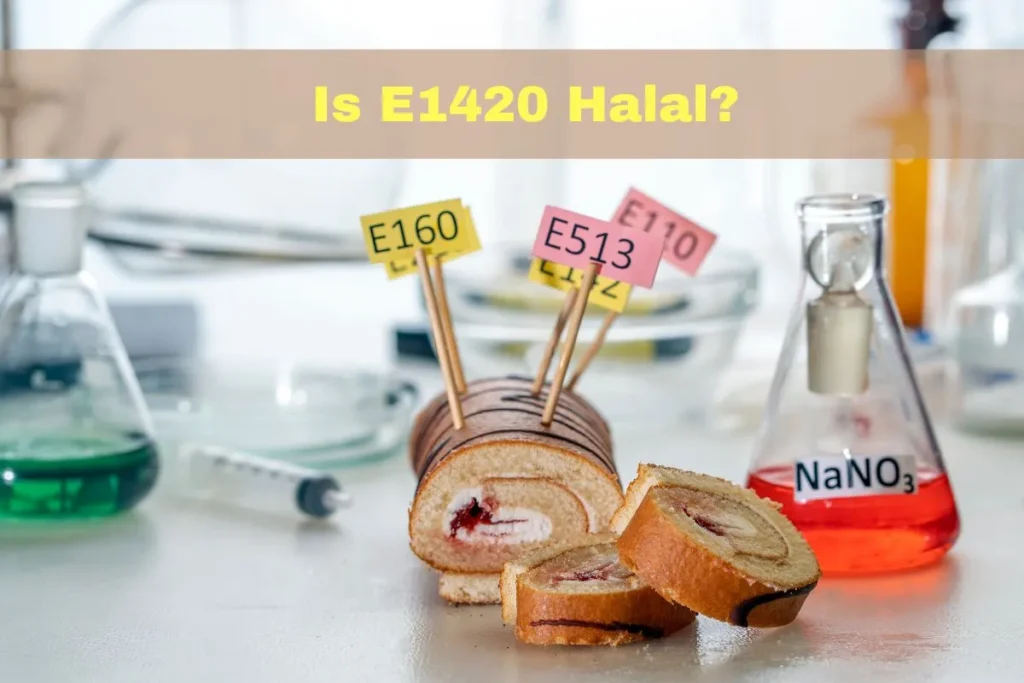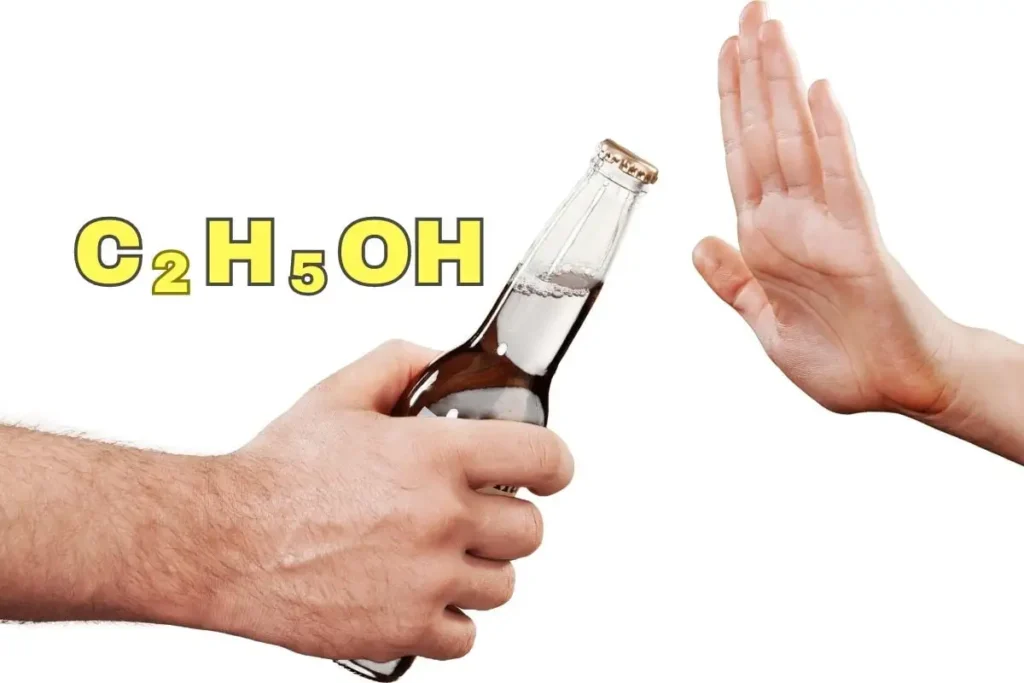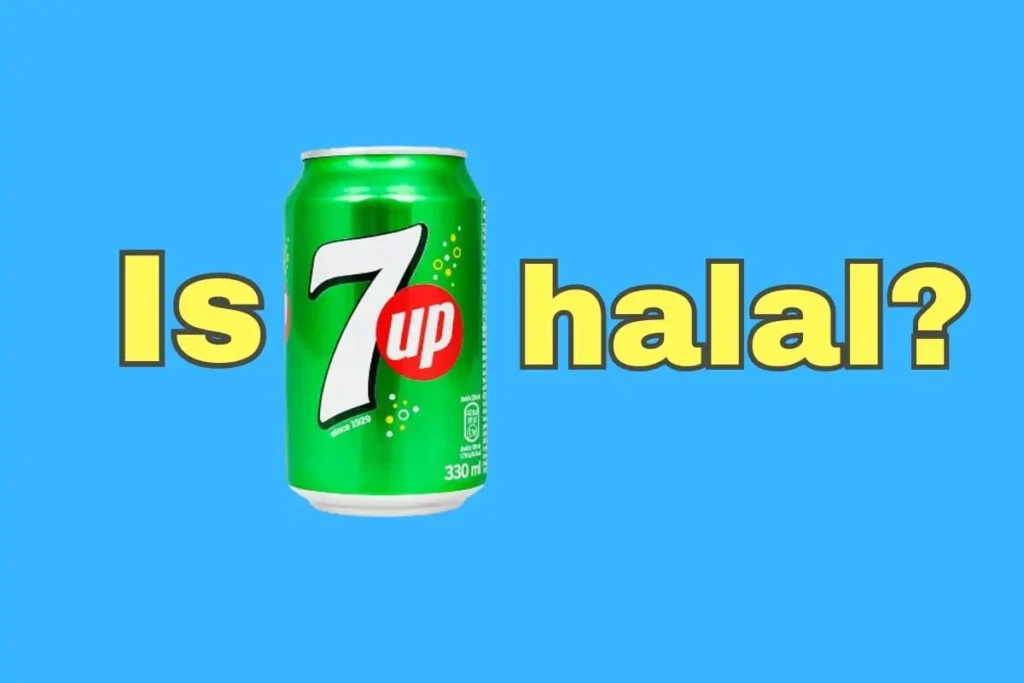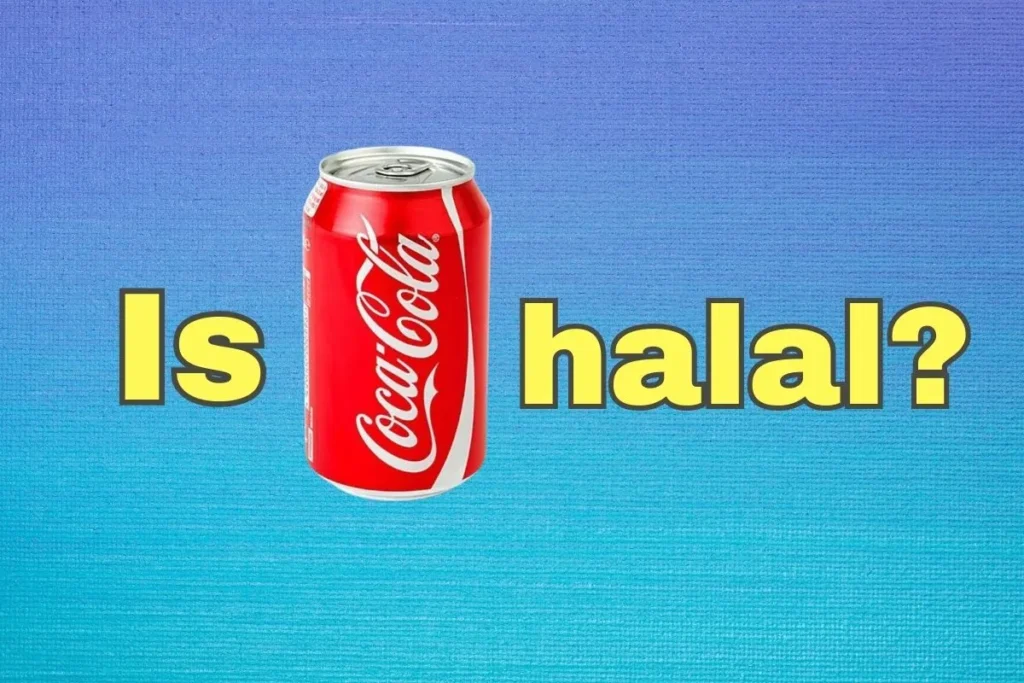Hello, dear readers! If you’ve been scouring ingredient lists and pondering, “Is E1420 Halal?”, rest assured, the answer is a resounding yes! This article will delve into the intricacies of E1420, its origins, and its Halal status. Let’s dive right in!
Key Takeaways
| 📌 E1420, also known as Acetylated Starch, is a modified starch used in the food industry to improve texture and consistency in various products. |
| 📌 E1420 is considered Halal when derived from plant-based sources like corn or potatoes and processed without non-Halal ingredients. It aligns with Halal dietary guidelines. |
| 📌 E1420 is generally safe for consumption, but excessive intake may lead to mild digestive discomfort. Always consume it in moderation and check product labels for its presence. |
What Is E1420?
E1420, commonly known as Acetylated Starch, is a modified starch. Starches are carbohydrates that nature generously bestows upon many plants. E1420 is a special type of starch that has undergone a process called acetylation, enhancing its properties to make it a favorite in the food industry.
Ever wondered why certain foods have that perfect texture or consistency? Often, it’s the magic of additives like E1420. But what’s the science behind this compound?
Chemical Structure
E1420’s chemical structure is akin to regular starch but with an added twist—an acetyl group. This acetyl group imparts E1420 its distinctive properties. Think of it as a chain of sugar molecules (the starch) with tiny branches (the acetyl groups) sprouting out. These branches modify the starch’s behavior, especially when mingling with other ingredients.
But what’s the origin story of E1420? How does it come into being?
What Is E1420 Made From?
E1420 originates from natural starch, which can be extracted from a variety of plants like corn, potatoes, and rice. This starch is then introduced to acetic anhydride or acetic acid in a process called acetylation. This transformation endows the starch with the unique properties that the food industry cherishes.
Safety first! What should one know about the side effects of E1420?
Possible Side Effects
E1420 is considered safe for consumption by most individuals. However, excessive intake may result in occasional digestive discomfort in a small number of people.
Possible symptoms can include bloating, gas, and diarrhea, although these side effects are uncommon. How do global regulations perceive E1420? Are there specific guidelines?
Regulations and Guidelines
E1420 enjoys approval in numerous countries, including the European Union, the United States, and Australia. Each nation has its guidelines specifying the maximum permissible amounts in food products, ensuring that E1420’s usage remains within safe boundaries.
But what’s the recommended dosage? How should one approach E1420 consumption?
Dosage and Administration
The Acceptable Daily Intake (ADI) level for E1420 or Starch Acetate (Modified Starch) has not been established by the European Food Safety Authority (EFSA) or the Joint FAO/WHO Expert Committee on Food Additives (JECFA).
However, according to the EFSA, no treatment-related effects relevant to human risk assessment were observed in rats fed very high levels of modified starches (up to 31,000 mg)
One thing to consider is that modified starch quickly drives up blood sugar and has a high glycemic index. Therefore, always consume modified starch in moderation and check the label of the food product to ensure that it does not contain excessive amounts of E1420.
Now, for the most awaited section: The Halal status of E1420!
Is E1420 Halal or Haram?
Good news for our readers: E1420 is Halal! When derived from plant-based sources like corn or potatoes and processed without any non-Halal ingredients, E1420 proudly meets the Halal dietary laws.
So, you can consume products containing E1420 with peace of mind, knowing it aligns with Halal dietary guidelines.
Find out more:
Is E142 Halal or Haram?
Is E1422 Halal or Haram?
Conclusion
E1420, with its myriad of applications, is a Halal-certified food additive. As consumers, staying informed and making choices that resonate with our dietary and ethical beliefs is paramount. With E1420, you can enjoy its benefits without any reservations.
Allahu A’lam (Allah Knows Best)
FAQ
What is the source of E1420?
E1420 hails from natural starches, predominantly from plants like corn, potatoes, and rice.
Is E1420 safe for consumption?
Absolutely! E1420 is deemed safe for consumption. Just remember, moderation is key.
What are some common food products that contain E1420?
From sauces and soups to candies and baked delights, E1420 is a popular choice to enhance texture and consistency.
What is the CAS number of E1420?
For the scientifically inclined, the CAS (Chemical Abstracts Service) number for E1420 is 9045-37-2.
Is E1420 banned in any country?
E1420 is welcomed in many countries. However, as with all additives, it’s essential to be aware of local guidelines and product labels for specific details.
- Is Pop Tarts Halal? What You Need to Know - February 18, 2024
- Are Graham Crackers Halal in Islam? - January 19, 2024
- Is Keebler Wheatables Halal? - January 18, 2024





